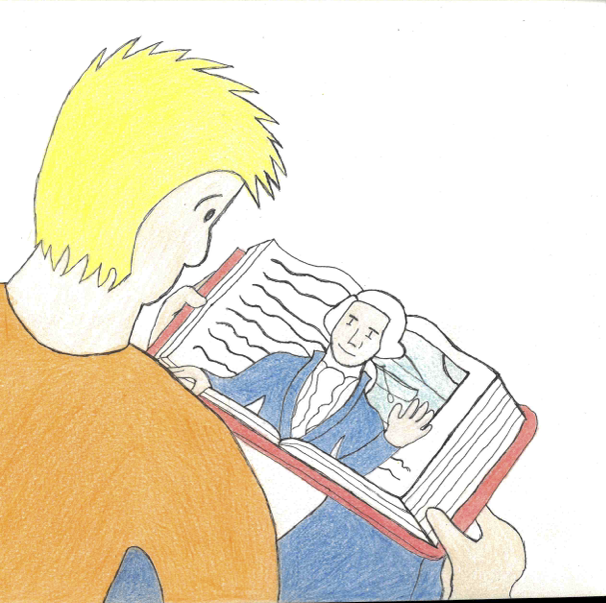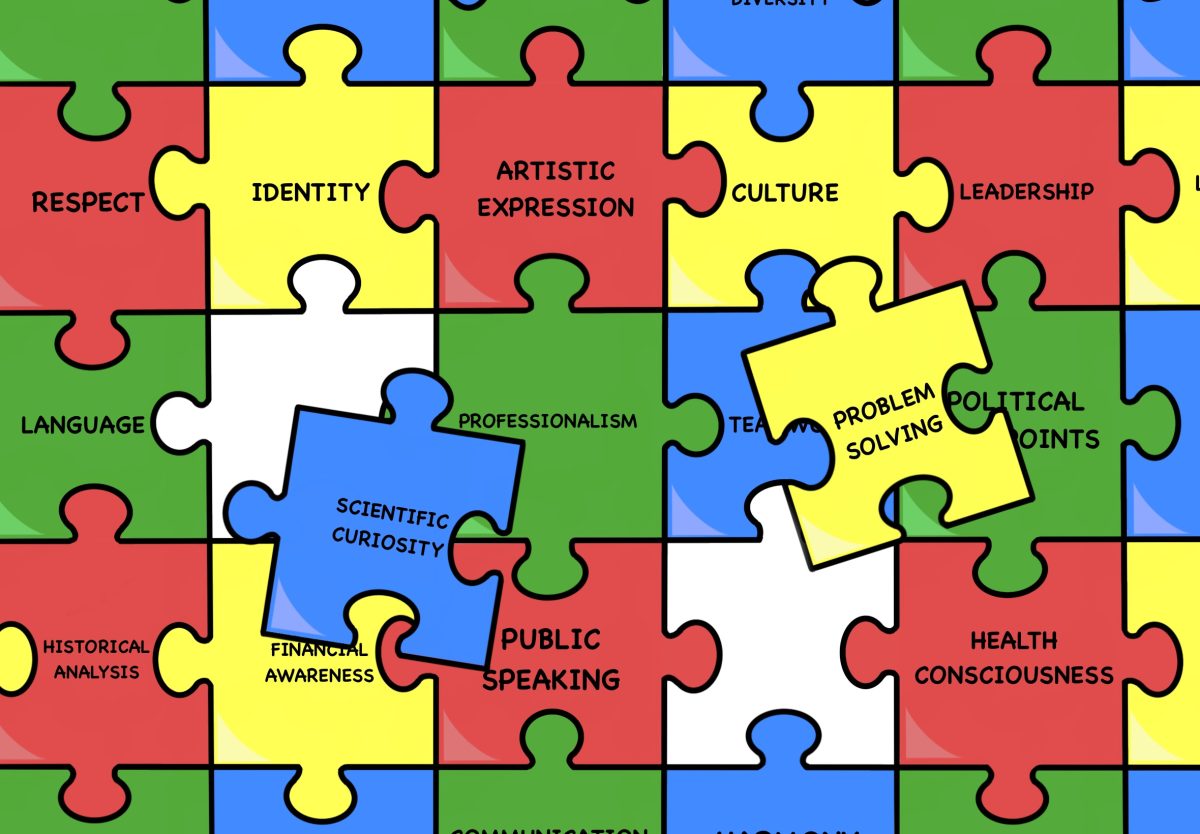For many students, freshmen year can be an incredibly stressful period of transition. One factor that adds to this stress is the fear of the “Freshman Fifteen.” This heightened focus on weight gain can lead students to develop a complicated relationship with food, and even lead to the onset of eating disorders.
While the narrative of the Freshman fifteen continues to persist, research has debunked this claim, demonstrating that the majority of freshmen students gain no more than a few pounds, if any. In fact, according to a 2018 study conducted by The FASEB Journal, the average weight gain among college freshmen averaged at about three pounds for women and about seven pounds for men — a far cry from the dreaded fifteen.
It is important to keep in mind that students entering their freshman year are going through a major life transition. Fluctuations in weight are a natural response to changes in diet, sleeping patterns, and levels of physical activity. Additionally, upon entering college, many students’ level of alcohol consumption increases, leading to modest weight gain.
While over the past 20 years, research has debunked the Freshman Fifteen, it is still treated as a major issue in popular and campus culture. Countless publications continue to release how-to articles on avoiding the Freshman Fifteen. Many of these articles include practical advice, such as incorporating fruits and vegetables into your diet and sticking to a regular sleep schedule.
However, other sites’ recommendations are not as healthy. A 2021 wikiHow article, co-authored by Claudia Carberry, who holds a masters degree in nutrition, advised students to “track what you eat in a calorie counting app or food journal” and “weigh yourself every day to improve your chances of success;” a 2023 article by USA Today Reviewed advised college freshmen to enroll in Weight Watchers to avoid the Freshman Fifteen.
Marketing these dieting behaviors to college students can have disastrous results. Diet culture has been found to be correlated to the development of eating disorders in young adults, which is already a prevalent and dangerous issue on college campuses.
According to a 2020 study conducted by the National Library of Medicine, “an estimated 11% to 17% of females and approximately 4% of males on college campuses in the United States screen positive for clinical ED (eating disorder) symptoms. Further, 20% to 67% of college students experience subthreshold ED symptoms.”
Students entering college for the first time are already at a marked risk for developing eating disorder symptoms. The first year of college can cause great stress, and when students are struggling emotionally and feel as though they cannot control their own lives, they often develop an obsessive and dangerous relationship with one thing they can control: their weight. Additionally, losing the safety net of friends and family from home and trying to find where they fit in a new environment can lead students to focus more on their appearance and, by extension, their bodies. Being surrounded by new people and feeling that they are constantly being evaluated and judged can lead to students negatively comparing themselves to those around them.
For many students, this is the first time they have the agency to decide what and when they eat. This can be a paralyzing experience for those who are already concerned about gaining weight. The myth of the Freshman Fifteen only intensifies these fears, leading students to engage in a toxic diet culture or disordered eating patterns to cope with the stress of change or the pressure to look a certain way for a new audience.
If we want to bring about positive change in the state of students’ mental health, we can start by taking the myth of the Freshman Fifteen out of rhetoric. It is important to understand the dangerous repercussions associated with the way we discuss weight gain and stop using the term as though it is a universal reality. We should focus on eating and working out to be healthy in college, not measuring our worth by the numbers on a scale.
































